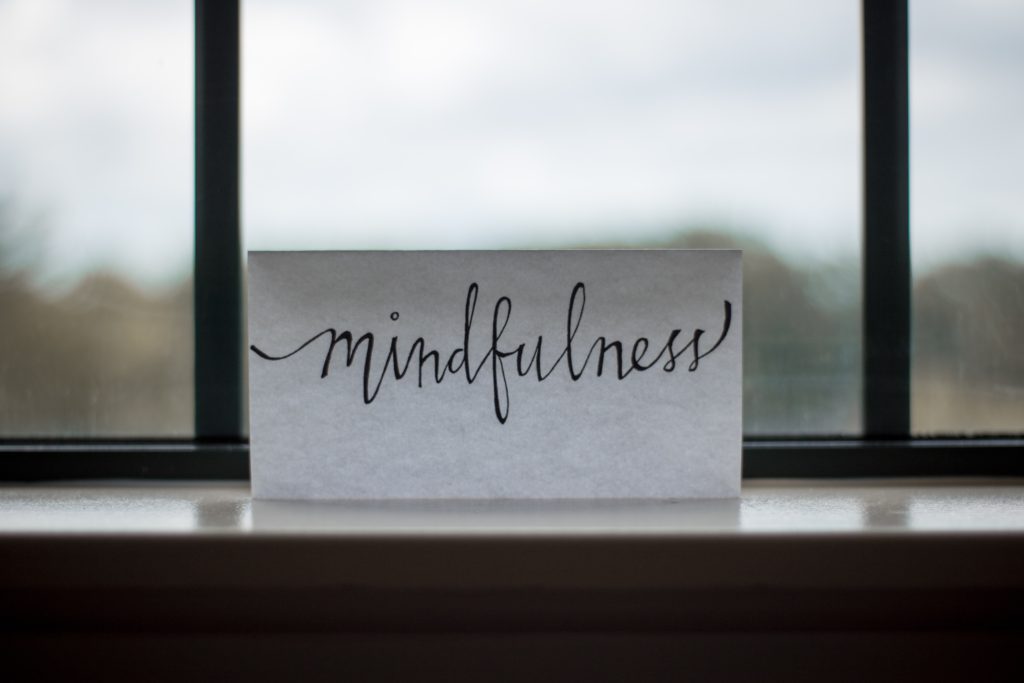
As Action Mental Health continues to focus on parenting as part of the #CovidWellbeingNI campaign, while promoting benefits of the Five Ways to Wellbeing, we’re urging mums and dads to encourage their children to take notice as we emerge from the lockdown – and beyond.
But what does it mean? Taking notice is a way of improving your mental wellbeing wherever you may be, right now. It means consciously bringing our mind’s attention and interest to the world around us and ourselves; what is going on externally to us and what is happening within us.
Taking notice means being present in the moment; observing what’s beautiful or unusual in the world. It means being aware of our thoughts and feelings as they arise, without getting lost in them. It means savouring the moment, learning a new skill, being thoughtful, attentive and appreciative of our actions.
Reduces worry, anxiety and depression
Numerous studies have shown that focusing too much on past events and worrying about the future can have a negative impact on our mental health and wellbeing. Obsessing about what’s past and what’s yet to come is strongly linked with common mental health conditions such as anxiety disorders and depression.
Why not open the conversation with your children about the benefits of Taking Notice, which can aid self awareness and promotepositive behaviour. Taking notice of the world around us can be something that we do during our everyday life. The key to taking notice is to be aware of what you’re doing, and trying to engage with it. Unlike, for example being active, taking notice is much more of a mental activity.
Taking Notice in your everyday life:

Taking Notice through Mindfulness
According to the New Economics Foundation, which devised the Five Ways of Wellbeing – which includes Taking Notice – mindfulness can prevent depression. It can also promote positive mental states; can help to self-regulate behaviour and heighten self-knowledge.
Professor Mark Williams, former director of the Oxford Mindfulness Centre, says that mindfulness means knowing directly what is going on inside and outside ourselves, moment by moment.
“It’s easy to stop noticing the world around us. It’s also easy to lose touch with the way our bodies are feeling and to end up living ‘in our heads’ – caught up in our thoughts without stopping to notice how those thoughts are driving our emotions and behaviour,” he says.
“It’s about allowing ourselves to see the present moment clearly. When we do that, it can positively change the way we see ourselves and our lives.
“Mindfulness also allows us to become more aware of the stream of thoughts and feelings that we experience and to see how we can become entangled in that stream in ways that are not helpful,” he said.
Mindfulness is recommended by the National Institute for Health and Care Excellence (NICE) as a way to prevent depression in people who have had three or more bouts in the past.
Read more about mindfulness here and read about the number of mindfulness apps for children here.